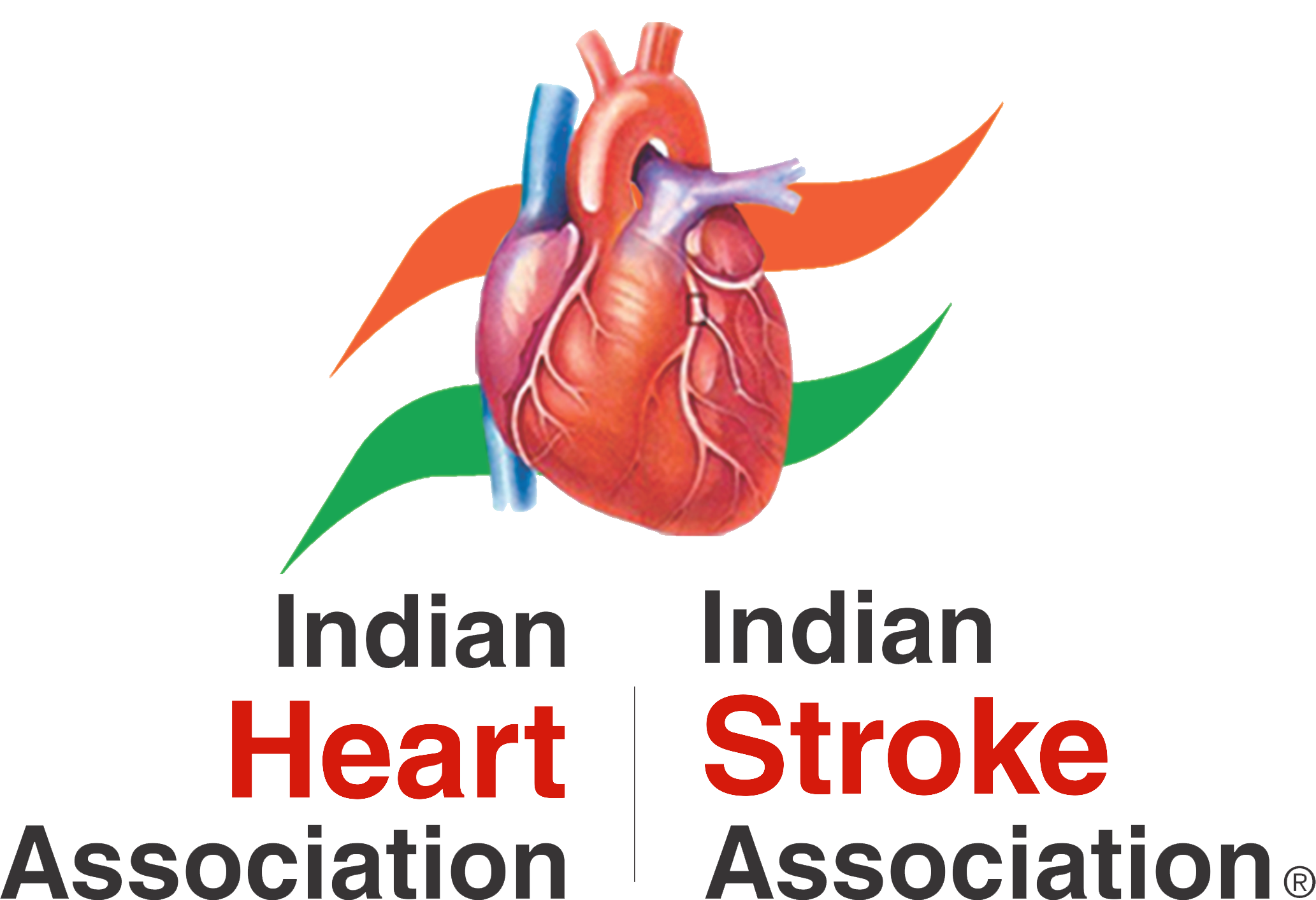Published by the Indian Heart Association
Reviewed by the Physician Team of Indian Heart Association

Heart Attack in Indians – Symptoms, Causes, and Recovery
What You’ll Learn in This Article
- Recognizing a Heart Attack
- Risk Factors for Heart Attack
- What Causes a Heart Attack?
- How Are Heart Attacks Treated?
- Preventing a Heart Attack
Recognizing a Heart Attack
Heart attack in Indians is a growing concern, especially with lifestyle risk factors on the rise. It often begins with chest discomfort described as crushing, pressing, or heavy. It may spread to the arms, jaw, back, or stomach. Other signs include nausea, cold sweat, shortness of breath, dizziness, and fatigue.
Women may experience subtler symptoms such as nausea and breathlessness more often than men. Silent heart attacks can also occur — with symptoms mistaken for indigestion or muscle pain — and are only discovered later during tests like ECGs or echocardiograms.
Risk Factors for Heart Attack
Common risk factors for heart attack in Indians include:
- High LDL cholesterol, triglycerides, or total cholesterol
- Low HDL (“good”) cholesterol
- High blood pressure (hypertension)
- Diabetes and metabolic syndrome
- Family history of early heart disease
- Smoking and tobacco use
- Obesity and sedentary lifestyle
Less commonly, heart attacks may result from congenital artery abnormalities or an increased clotting tendency.
What Causes a Heart Attack?
A heart attack happens when a coronary artery is blocked, stopping oxygen-rich blood from reaching the heart muscle. This blockage can result from a ruptured cholesterol plaque and clot formation, cutting off circulation and damaging the heart tissue.
How Are Heart Attacks Treated?
If you suspect a heart attack, call emergency services immediately.
Treatment may involve:
- Immediate medications: aspirin, blood thinners, beta-blockers, nitroglycerin
- Angioplasty (PCI): opens blocked arteries with a balloon and stent
- Clot-busting drugs (like tPA) if PCI isn’t available quickly
- Bypass surgery (CABG): used for multiple or complex blockages
Ongoing care includes statins, ACE inhibitors, and diabetes medications like SGLT2 inhibitors or GLP-1 receptor agonists to reduce risk of future events.
Preventing a Heart Attack
Steps to prevent a heart attack in Indians include:
- Exercising 150 minutes/week (moderate) or 75 minutes/week (intense)
- Following a DASH or Mediterranean diet with vegetables, nuts, and fish
- Getting at least 7 hours of quality sleep
- Quitting smoking and avoiding secondhand smoke
- Managing stress with yoga, meditation, or deep breathing
After a heart event or stent placement, cardiac rehabilitation programs help improve long-term health and outcomes.
The Indian Heart Association urges all families to recognize the signs of heart attack in Indians and take action. Early detection and rapid treatment save lives.
🩺 Explore more resources at our Health Content Hub.
🔗 For more global guidance, visit the Harvard Health Heart Attack Center.
